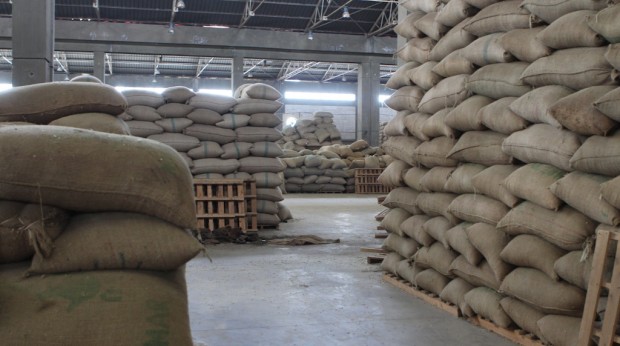The Ethiopia Commodity Exchange (ECX) has officially launched its IBM-enabled national traceability system, known as eATTS. With numerous industry partners in the large-volume green coffee trading and buying segment, as well as collaboration with USAID, the $4.5 million (USD) program is rolling out in pilot format with this year’s harvest season.
The ECX, formed in 2008 to help centralize the country’s coffee trade to mixed results, says the traceability system will “soon cover all of Ethiopia’s coffee growing regions, which encompass over 5 million smallholder farmers.”
Through cloud-based IBM technology, coffees tracked in the system for trade through the ECX will be tagged with geo-referencing to more than 2,500 washing, hulling and cleaning stations in the country’s main coffee regions. The tags will include embedded information such as photos of the individual stations, and names and contact information for station managers.
Casting so wide a net, time will have to tell whether the system actually does strengthen value throughout the production chain as the ECX and its partners hope. If so, it could prove a model for other countries in essentially de-commoditizing coffees for larger buyers seeking differentiation through origin, certifications and/or quality in exceedingly crowded consumer markets.
“True traceability goes beyond the commodity’s type or origin to tracing where the commodity has been,” said ECX CEO Ermias Eshetu “We wish to track the footprint of our coffee and where and when it was washed, stored, who sampled and graded it, and when it was shipped. All of these facts will help improve our ability to move commodities traded within the exchange and create premium value for all stakeholders in the value chain.”
The ECX said the tech-based system is a response to the demand among commodity buyers. Said ECX:
Buyers of commodities have become more discerning and willing to pay for quality, environmentally-friendly and origin-specific commodities. Additionally, international buyers demand transparency and accountability within supply chains, so as to ensure the quality, consistency and safety of their products. To meet these demands, ECX and partners are implementing a wide array of activities, including electronic tracking of bags, innovations in washing and processing, and streamlined storage and transportation processes.
ECX’s private industry partners in the product include some of the world’s largest buying and trading organizations. Nestlé, Jacobs Douwe Egberts, Mother Parker’s Coffee & Tea and The Sustainable Trade Initiative jointly contributed $1.3 million through the Sustainable Coffee Program, a public/private consortium supported by numerous multinational corporations invested in the coffee trade.
Nick Brown
Nick Brown is the editor of Daily Coffee News by Roast Magazine.







Comment